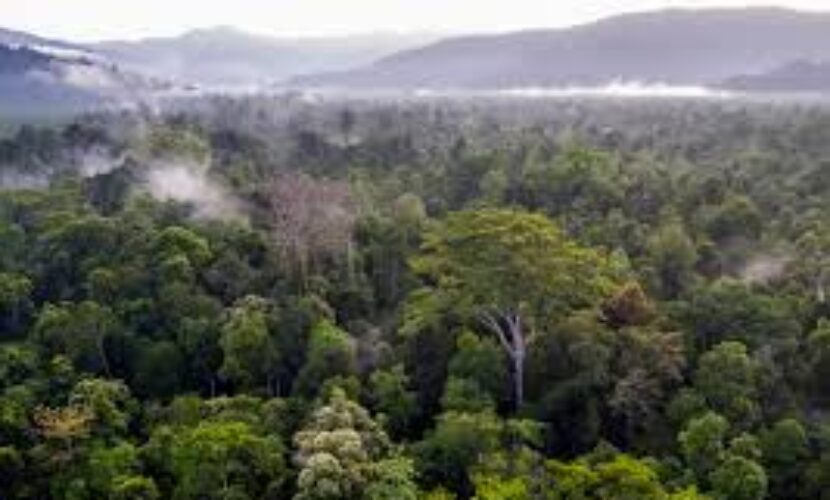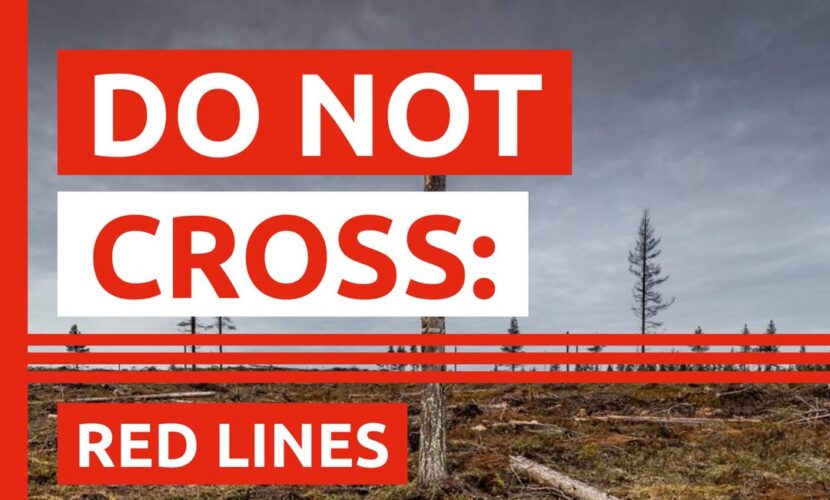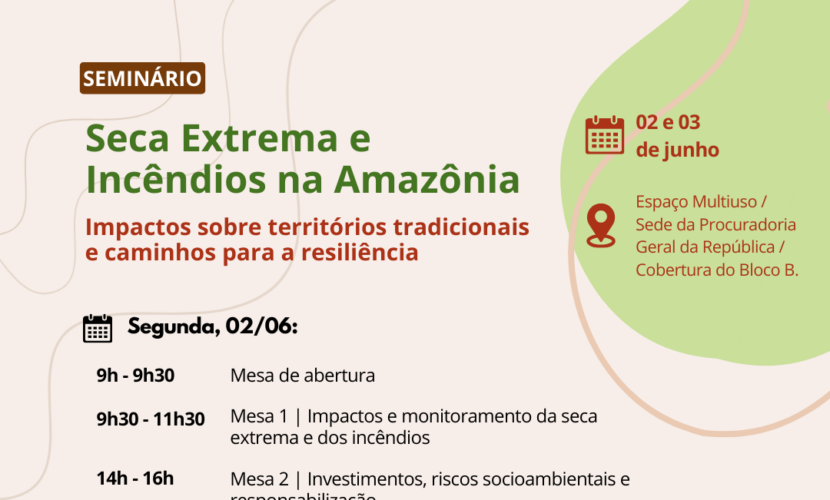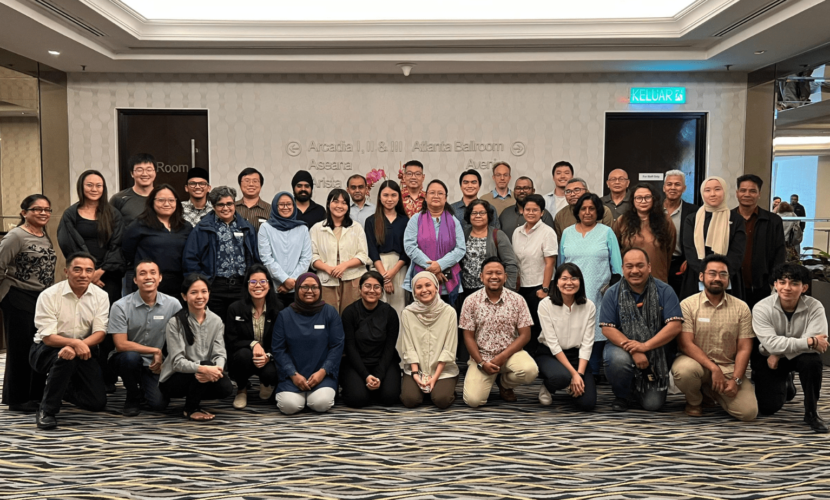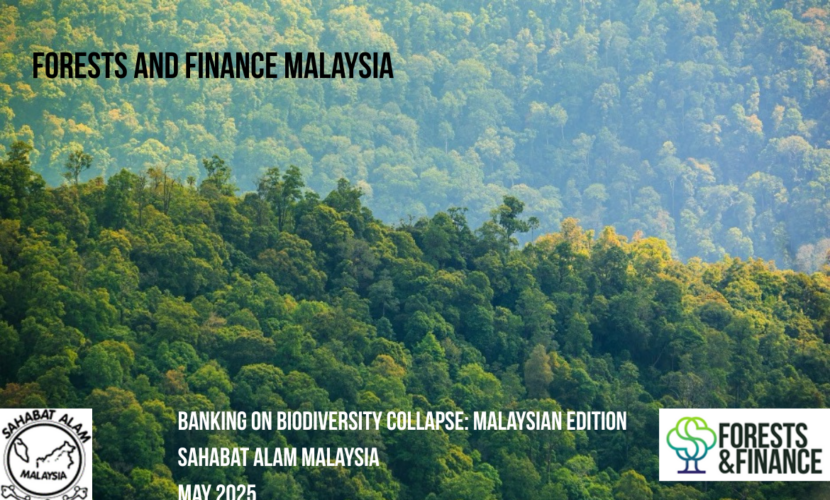Berita
New Report: Land Acquisition by Harvard University, TIAA and Bunge Drive Deforestation and Land Grabs in the Cerrado
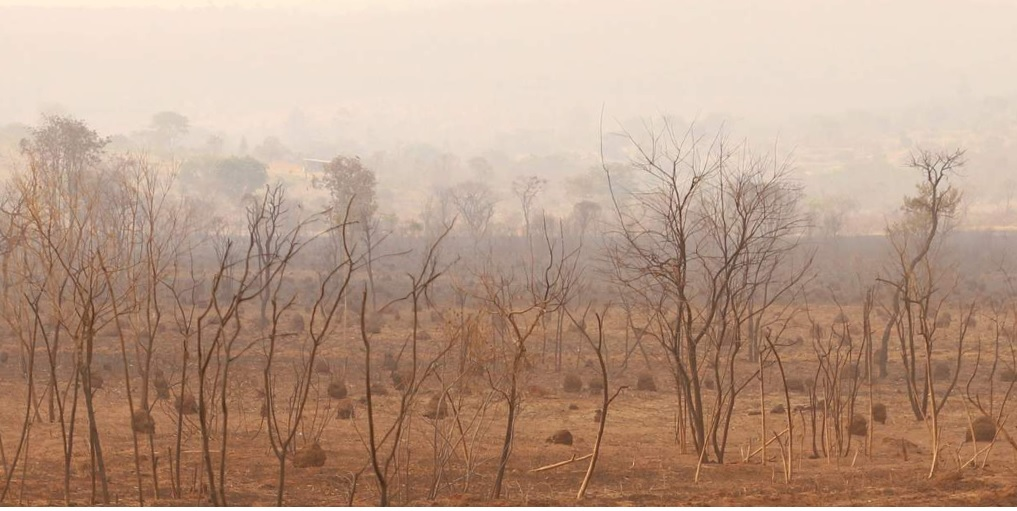
Brazilian soybean production reaches new highs after violence and environmental destruction skyrocketed during the four-year Bolsonaro administration
WASHINGTON — As deforestation and environmental destruction escalate in the Brazilian Cerrado, a new report explains how Harvard University, pension fund TIAA and multinational agribusiness corporation Bunge are enabling illegal land grabs and increasing deforestation for soy production. After more than one million hectares of native vegetation was destroyed in 2022, a 25% increase from 2021, Brazilian soybean production, fueled by expanding plantations, reached record levels in the first half of 2023.
The new report, “Land Grabbing and Ecocide,” examines how the investment models and business operations of Harvard, TIAA and Bunge are fueling staggering rates of deforestation, alarming violence and ongoing violations of Indigenous Peoples’ land rights in the Brazilian Cerrado. Known as the birthplace of waters, the Cerrado is the world’s most biodiverse savannah, home to Indigenous, Afro-descendant, and other traditional communities and 5% of the world’s plant and animal species. The report was jointly produced by Friends of the Earth U.S., the Brazilian Network for Social Justice and Human Rights, and ActionAid USA.
The increasing destruction of the Cerrado comes at a time of renewed global efforts to protect the Amazon Rainforest, most recently marked by a summit of Amazon nations last month hosted by Brazil.
“While governments must work to protect the Amazon, they cannot allow unscrupulous companies to swallow up the neighboring Cerrado for soybeans,” said Gaurav Madan, senior forest and land rights campaigner at Friends of the Earth U.S. “The end of the Bolsonaro presidency may have slowed deforestation in the Amazon, but the destruction of the Cerrado continues at an alarming rate. US institutions that claim to follow sustainability principles are fueling deforestation, ecocide and land grabbing in the Cerrado and must be held to account.”
The report details how Harvard acquired nearly 300,000 hectares of land in the Cerrado — an area one and a half times larger than the urban area of Rio de Janeiro — between 2008 and 2016. Harvard subsidiary Insolo Agroindustrial then deforested at least 53,000 hectares over the past decade after receiving at least US$138.7 million from the prestigious university. Harvard is one of the largest foreign landowners in Brazil.
“While Harvard University is globally renowned, its investments in Brazil are triggering widespread dispossession and deforestation,” said Maria Luisa Mendonça, co-director of the Brazilian Network for Social Justice and Human Rights. “Harvard’s massive endowment is also accelerating climate change by eviscerating the Brazilian Cerrado. Instead of buying up and destroying land, it’s time Harvard respects the rights of Indigenous communities that have protected the Cerrado for generations.”
A US pension fund is driving climate disaster through illegal land acquisition
Notably, TIAA — the pension fund for most academics and faculty in the US — is linked to land grabbing, corruption and deforestation through its joint ventures and land investments in Brazil. The new report notes that several of TIAA’s land acquisitions were acquired from known land grabbers, associated with illegal practices and deemed illegal by Brazilian courts and government agencies. As with Harvard, TIAA disguises its financial interest in its land deals by deploying shell companies. Initially reported by the Harvard Crimson, TIAA and Harvard illegally acquired more than 200,000 hectares of public land in the Cerrado.
“TIAA’s land acquisitions in Brazil fly in the face of the values it claims to embrace,” said Doug Hertzler, senior policy analyst at ActionAid USA. “Grabbing the land of Indigenous and peasant communities, destroying the landscape, and hiding involvement through shell companies is the very opposite of ‘leading with integrity.’ Yet this misanthropic land speculation continues unabated.”
US agribusiness giant linked to staggering rates of deforestation and land conversion
US-based Bunge Limited, the largest soybean processor in the world, incentivizes the expansion of soy plantations — and related environmental and human rights violations — as seen with its near-monopoly on financing for soy producers in the state of Piauí in the Cerrado. The agribusiness giant recently announced higher earnings based on a record soybean crop in Brazil, in large part due to expanding operations on lands cleared of native vegetation over the past decade. Despite claiming that its sustainability commitments are the best in the industry, the company refuses to adhere to industry best practice by adopting a 2020 cutoff for deforestation. Notably, the company makes no mention of Indigenous Peoples’ land rights or the internationally recognized right to Free, Prior and Informed Consent in its policies, while its supply chains and operations rob communities of their lands and livelihoods.
“While deforestation increases in the Cerrado as a whole, it is skyrocketing in Bunge’s own backyard,” said Jeff Conant, senior international forests program manager at Friends of the Earth U.S. “In 2022, Santa Filomena saw a staggering 293% increase in deforestation and destruction of native vegetation. At minimum, Bunge should align its operations with industry best practice and halt all soy expansion in the Cerrado for the sake of human rights and the planet’s future.”
According to the report, seven of Bunge’s top ten shareholders and eight of the company’s top ten bank financiers are members of the Glasgow Financial Alliance for Net Zero (GFANZ), a voluntary initiative launched at UN COP26 in Glasgow in 2021 aimed at “transitioning the global economy to net-zero greenhouse gas emissions.” The top seven GFANZ shareholders increased their holdings in Bunge since GFANZ was launched — despite the company’s ongoing destruction. In total, GFANZ investors increased their shares in Bunge by $1.8 billion dollars since the launch of the initiative, raising concerns that GFANZ is contributing more to greenwashing than to a reduction in greenhouse gases.


